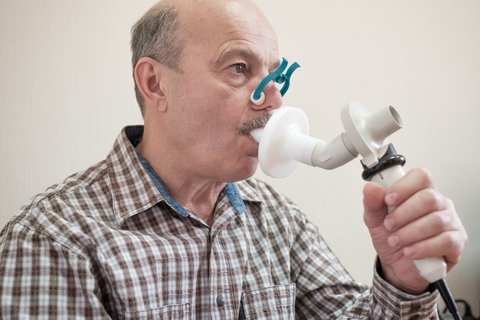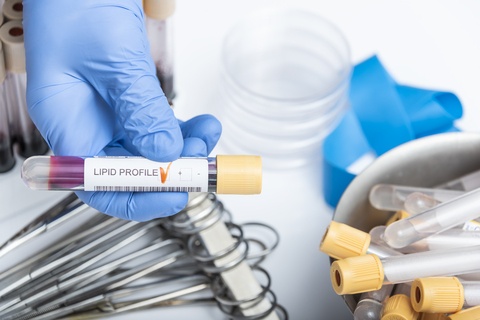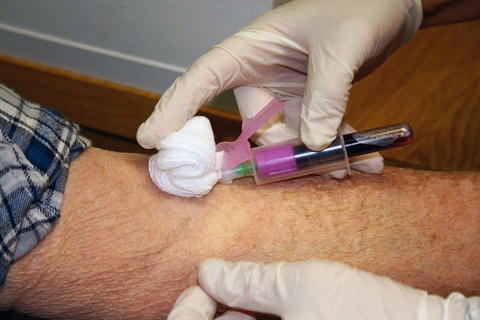Major Effect of COVID-19 on Mesothelioma Patient Survival in Italy
The COVID‐19 pandemic had a major effect on some mesothelioma patients in Italy. A new study in Medical & Clinical Research shows how the pandemic harmed new diagnoses and survival. Malignant mesothelioma is one of the rarest types of cancer. Many people have never even heard of ‘asbestos cancer’ until they are diagnosed. Most do not know anyone else who has it. Social distancing to protect themselves against COVID-19 compounds the problem. The timely diagnosis of mesothelioma is important. Although it may not change the prognosis of the disease, it can help in treatment strategies. Treatment delays due to the COVID-19 pandemic had a major effect on survival rates for some patients. Survival Rate during Pandemic During the COVID-19 pandemic,…









